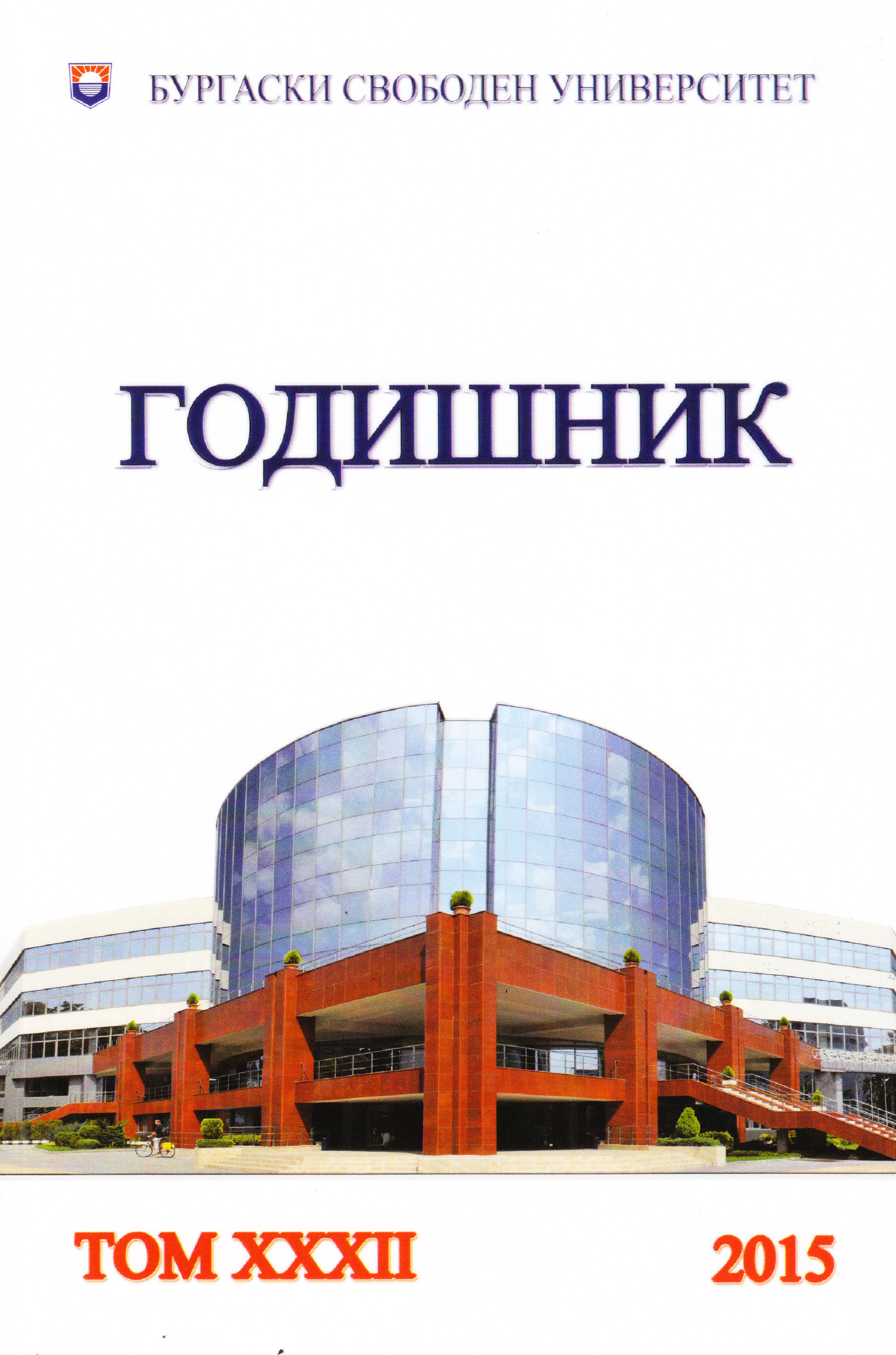ПОДПОМАГАНЕ НА ИНТЕГРАЦИЯТА НА ТРИЪГЪЛНИКА НА ЗНАНИЕТО И ИНОВАЦИИТЕ ЧРЕЗ ИЗГРАЖДАНЕТО НА ОФИС ЗА ТЕХНОЛОГИЧЕН ТРАНСФЕР В БУРГАСКИ СВОБОДЕН УНИВЕРСИТЕТ
PROMOTING THE INTEGRATION OF THE KNOWLEDGE TRIANGLE AND INNOVATION THROUGH THE ESTABLISHMENT OF THE TECHNOLOGICAL TRANSFER OFFICE IN BURGAS FREE UNIVERSITY
Author(s): Yanislav Zhelev, Evgeniya Nikolova, Mariya Monova-Zheleva, Angel ToshkovSubject(s): Social Sciences, Education, Library and Information Science, Electronic information storage and retrieval, Education and training, Communication studies, Higher Education , State/Government and Education
Published by: Бургаски свободен университет
Keywords: knowledge triangle; innovation; technological transfer; office for technological transfer /OTT/; virtual OTT
Summary/Abstract: The knowledge triangle is a basic factor for the development of innovation. The science is directed towards the practical applying of the research. The feedback from industry improves the opportunity to develop creative potential. The education becomes practically oriented. The business has the opportunity to make use of the scientific potential of the research organiations and universities and to get the needed research, technology, economic analysis and solutions, as well as to obtain well trained specialists. The creation of technology transfer offices is one of the main tools for promoting the technological entrepreneurship and realization of mediation among the research organizations and universities with companies, whose activity and sustainable growth are based on access to the results of research and development. In pursuance of the project № BG161P003-1.2.02-0022-C0001 with beneficiary Burgas Free University, co-financed by Operative Programme „Development of the Competitiveness of the Bulgarian Economy” 2007-2013, have been realized new models of effective partnership and dialogue of enterprises and organizations with research institutes and universities that can be disseminated as „best practices”. The article presents briefly the aims and objectives of the project as a whole and some of the main results achieved.
Journal: Годишник на Бургаски свободен университет
- Issue Year: XXXII/2015
- Issue No: 1
- Page Range: 137-144
- Page Count: 8
- Language: Bulgarian

